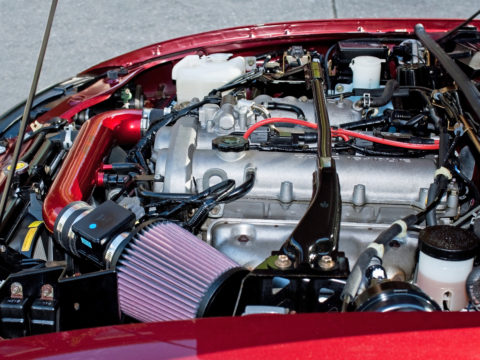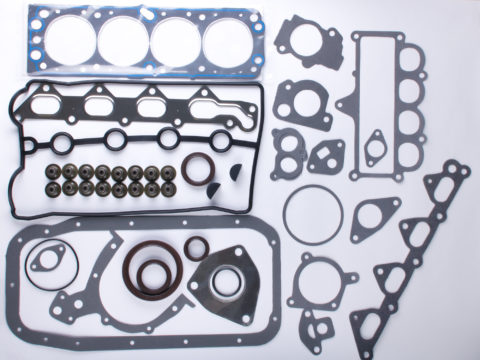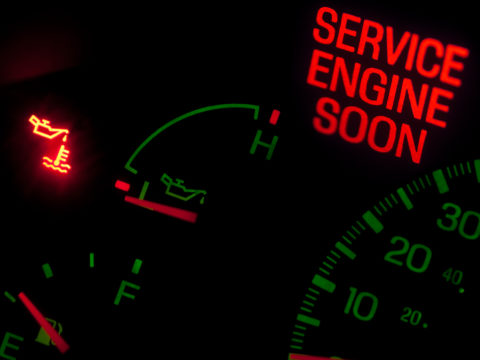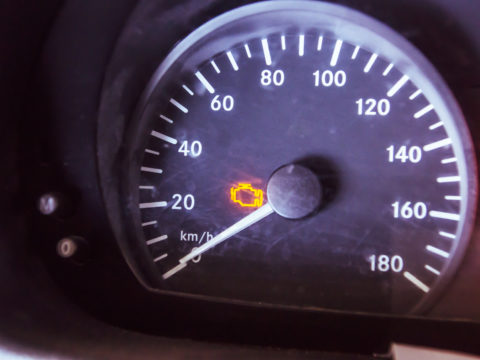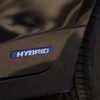When you have car trouble, pinpointing the problem often feels frustrating and overly complicated. Trying to locate and fix the issue becomes even more irritating when your vehicle has trouble with basic functions, such as starting or accelerating. Luckily, you’re not alone. We’ll go over what it means if your car jerks during acceleration and the steps you can take to fix this issue.
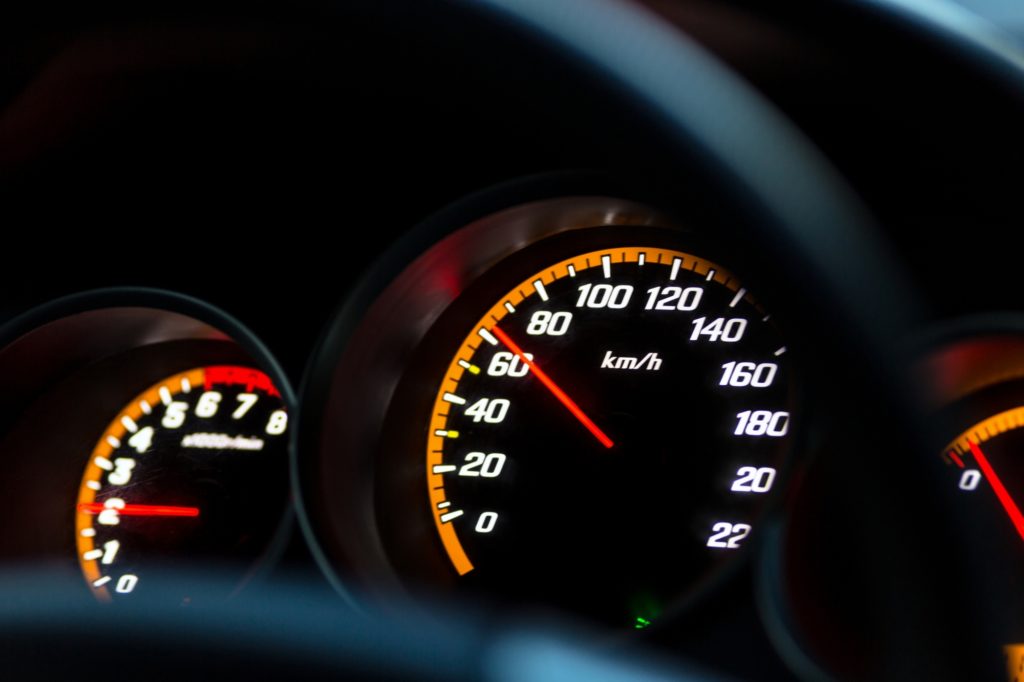
Contents
Is It Normal for a Car To Jerk When Accelerating?
It’s not normal for a car to jerk during acceleration and this occurrence can even lead to dangerous accidents. If your car jerks or stops suddenly when you try to accelerate, you should diagnose and remedy the issue as fast as possible.
How Do You Identify an Abnormal Jerk?
You experience an abnormal car jerk when your car stops suddenly, shudders, or bucks when you attempt to start it or to speed up. This indicates a severe problem and that your vehicle needs immediate attention.
Different Scenarios Where Car Jerks on Acceleration
Here are a few common scenarios where a car jerks while accelerating, the potential causes and ways to fix the issue.
I) Car Jerks When Accelerating and Braking
Does our car jerk when you accelerate and brake? Read on.
Possible Causes
A car may jerk because of a problem with the brakes. Common brake issues include air in the brake lines and warped rotors.
How To Fix It
A brake bleeder kit can siphon the air from the brake lines. Jack the car up on the flat ground and secure it on jack stands appropriate for the size and heft of your vehicle. Do not remove the tires and master cylinder reservoir. Before attaching the bleeder, make sure that you have an elevated level of brake fluid.
Next, find the brake bleeding nipple at the drum or caliper farthest from the master cylinder and attach the vacuum bleeder. Use a box-end wrench to twist the bleeder screw open. Slowly pump the vacuum until you see clean fluid, and no more air bubbles appear.
A mechanized lathe can smooth a warped rotor, especially thicker rotors. If your car has thinner rotors, you may need to buy a new one.
II) Car Jerks When Accelerating at Low Speeds
Your fuel injector may be to blame if your car jerks at low speeds.
Possible Causes
Dirty fuel injectors may cause your car to jerk at low speeds.
How To Fix It
For minor problems with injectors, you can buy fuel injector cleaners to break up carbon deposits; when the fuel tank has mostly emptied, pour the cleaner in. Then, fill the tank with fuel and repeat during following oil changes.
Buy a fuel injector cleaning kit for more serious problems. Hang the canister above the engine under the hood, find the fuel rail test port and attach. Then, attach the canister hose to the fuel rail test port using an adapter, remove the fuel pump relay and attach the canister’s airport to the air supply.
Follow the kit’s instructions to alter the system pressure (shown on the canister’s meter) and start the car. After five to ten minutes, when the cleaning liquid has flowed out of the canister, disconnect the canister.
If this does not fully clean your fuel injectors, it’s time to take it in to buy a new one.
III) Car Jerks When Accelerating at High Speeds
Worry that your car jerks when you accelerate at higher speeds? Check out the possible causes and solutions.
Possible Causes
Excessive driving with low levels of fuel can cause parts of the fuel pump to wear down. Worn down or loose connections within the pump could also impede its function. Buildup in the fuel filter, inferior fuel, or dirty fuel injectors can also make the car jerk when it accelerates at high speeds.
How To Fix It
If the fuel pump has caused the problem, you may need to replace parts of it, but don’t jump to the conclusion that the whole pump has broken.
Your fuel filter stops dirt build-up from entering the fuel injector. If the filter stops working, you should replace it.
Substandard quality gasoline can also impede a car’s function. Make sure to fill your tank with gas from sellers you trust and recognize. Additionally, gas stations with less patronage often don’t fill their tanks frequently enough; they may have staler fuel.
Clean a minimally dirty fuel injector with fuel-injector cleaning fluid (see instructions above). For more serious problems with the fuel injector, buy a fuel injector cleaning kit (see instructions for using the kit above).
IV) Car Jerks When Accelerating Uphill
Uphill jerking can happen for a few reasons.
Possible Causes
Buildup in the fuel filter or a clogged fuel injector can cause vehicles to jerk when heading uphill.
How To Fix It
You may need to replace the fuel filter in your vehicle.
For information on how to clean a clogged fuel injector, see above under “Car jerks when accelerating and braking.”
V) Car Jerks When Accelerating With Check Engine Lights
If your engine light goes on, it can indicate any number of issues.
Possible Causes
If the check engine lights are on, you may have a problem with the vehicle’s spark plugs, ignition system, fuel injector, or catalytic converter.
How To Fix It
If spark plugs have become faulty, you will need to replace them. You can do this yourself by removing the cables that obscure the engine. You will find the spark plugs on top of the cylinder. Take the old plugs out and make sure the new ones match their length. Spray lube on the plugs’ threads before tightening them. Finally, insert the new spark plugs and put the parts and wires back in place.
In order to address a problem with the ignition system, locate the car battery. Disconnect the black negative battery cable and unscrew the panels under the steering wheel. Remove the center cover from the steering wheel and unplug the horn.
Mark the wheel so that you can line it up correctly again when you place it back into the car, then lift the steering wheel bolts and remove the steering wheel. Next, take out the switches that control the wipers and indicators. Locate the starter switch, unscrew it, and disconnect the wires from the ignition switch.
Place your key into the car’s keyhole and turn it to “locked.” Use a screwdriver to press down the clip before turning the key to an off position. This will allow you to retain the same key for your car, even as you remove the faulty switch.
Attach the new ignition switch to the old cylinder and connect all the wires. Screw the ignition switch back in, place the panels back, and test the ignition switch. If it works, you can put the pieces back in their original places.
For information on how to fix a dirty fuel injector, see above under “Car jerks when accelerating and breaking.”
Check if your car has a clogged catalytic converter by running a Vacuum Test, a Back Pressure Test, or a Temperature Test, or a Tap Test. For more information on running these tests, see here.
If the catalytic converter does not have intense clogging, you can clean it without removal. Pour catalytic converter cleaner into the fuel tank.
If this fails to work, you may have to remove the catalytic converter to clean it. Do this AFTER the exhaust system cools down to avoid burns.
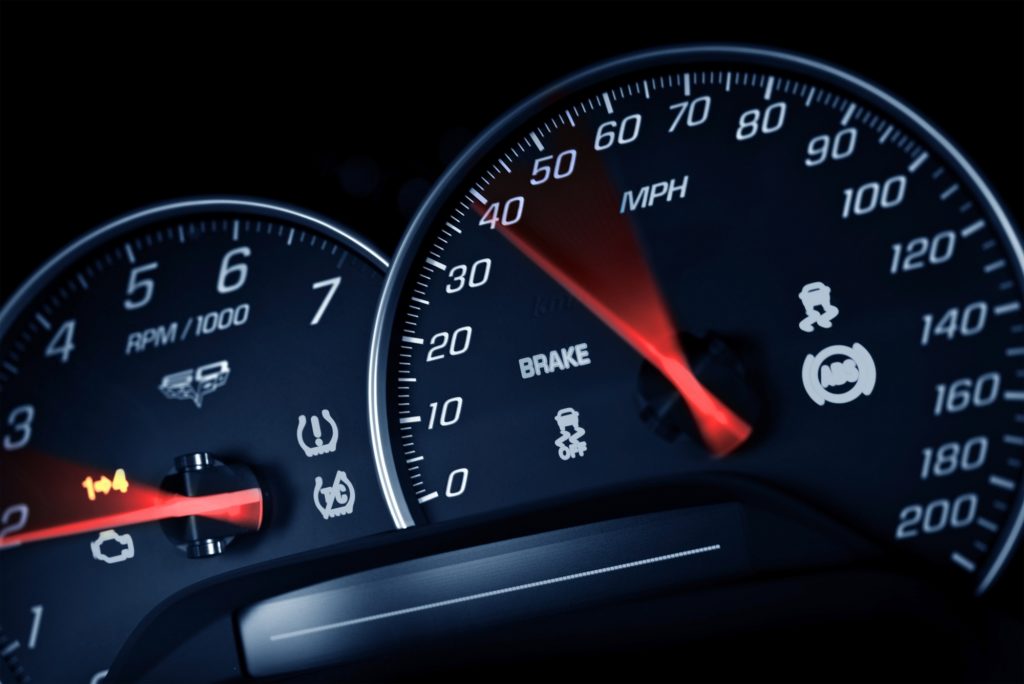
VI) Car Hesitates and Jerks When Accelerating
If your car delays a bit and jerks as you accelerate, there are a few potential causes.
Possible Causes
If a car jerks and stops when you try to accelerate, you may also have a problem with the combustion process due to worn-out spark plugs or cables, or due to low levels of fuel. Clogged catalytic converters can also cause cars to hesitate and jerk.
The clutch may also have an issue.
How To Fix It
For information on replacing spark plugs and repairing catalytic converters, see above under “Car jerks when accelerating uphill” and “Car jerks when accelerating with check engine lights.”
If you hear a grinding sound while the car jerks, or if the clutch feels sticky, this indicates a problem with the clutch.
Replacing the clutch is a time-consuming and complicated process. If the clutch breaks, we suggest you take the car in for repair by a professional.
How Much Will It Cost To Fix the Problem?
The cost of fixing acceleration issues varies widely. Cleaning a faulty fuel injector can cost as little as ten dollars. On the high end, the price of a professional catalytic converter replacement may reach over $2,000.

